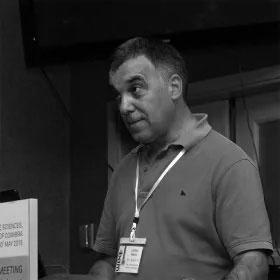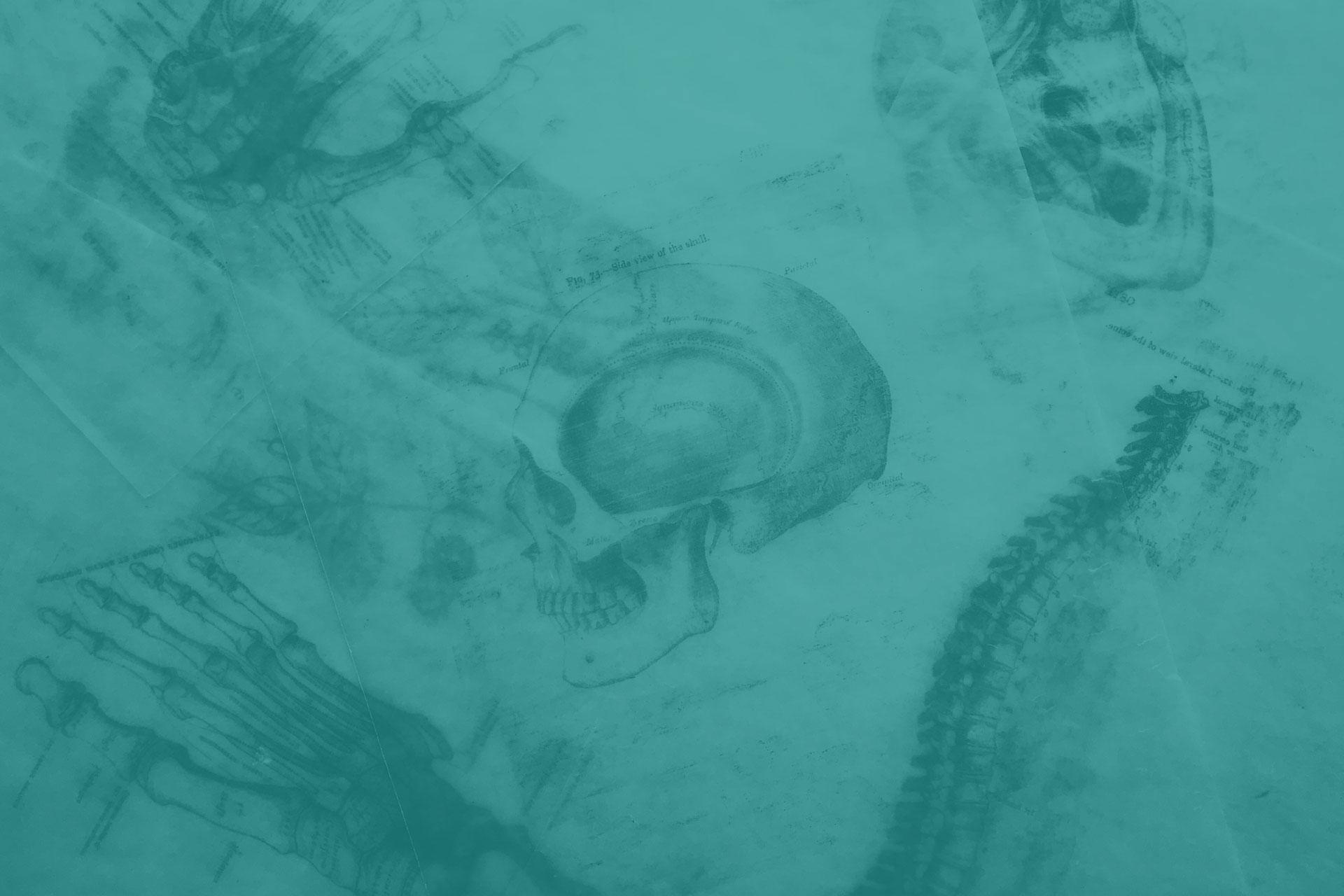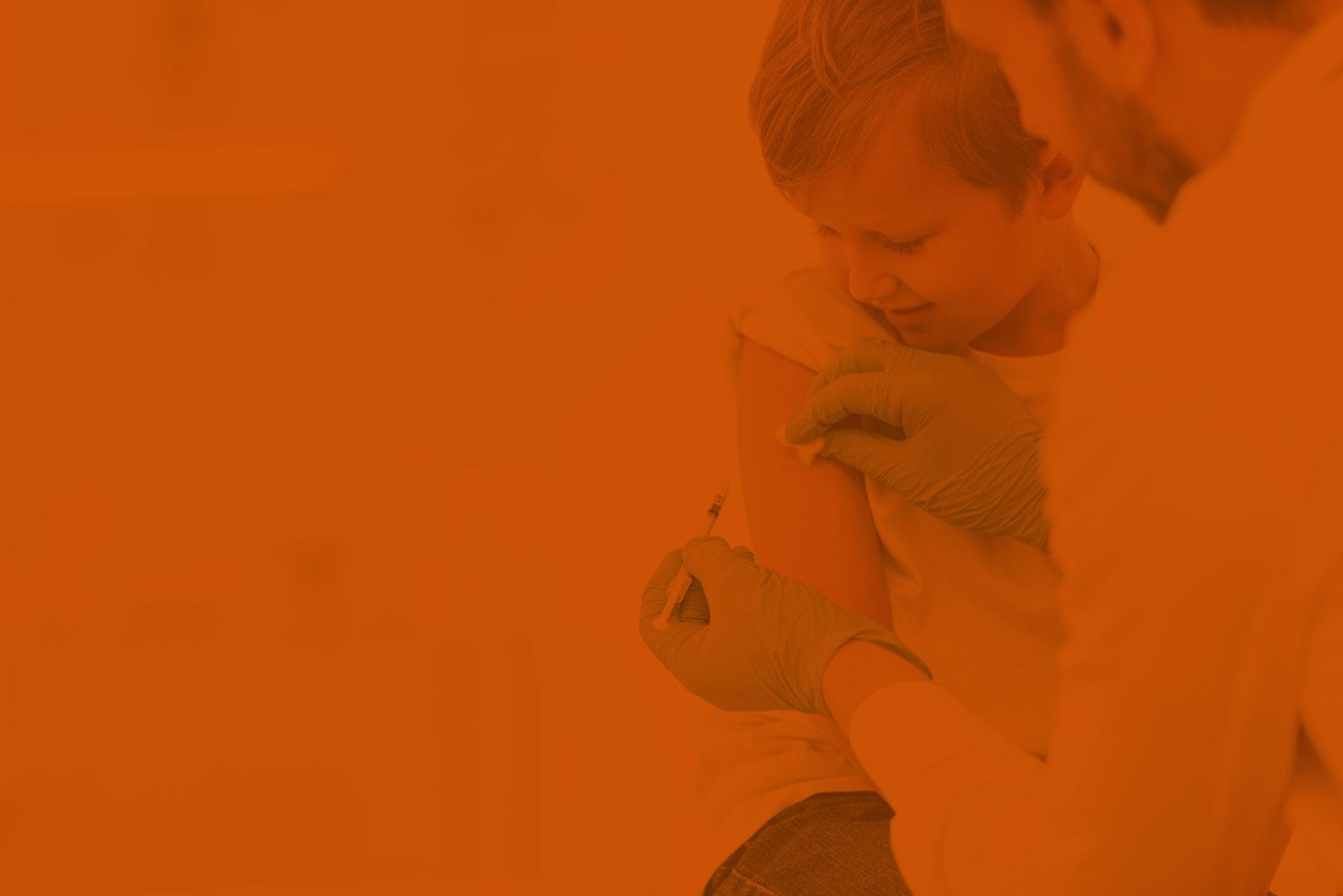O objetivo do HealthyW8 é aumentar a eficácia dos esforços e investimentos atuais e futuros em iniciativas de prevenção da obesidade em toda a Europa. As iniciativas políticas e práticas de prevenção da obesidade têm frequentemente um impacto marginal. O HealthyW8 abordará estas deficiências, desenvolvendo iterativamente, em colaboração com partes interessadas, um recomendador de estilo de vida saudável baseado em tecnologia digital para intervenções e ferramentas personalizadas e baseadas em evidências, incluindo um gémeo digital humano para preencher a lacuna entre a ciência, os intervenientes sociais e partes interessadas (por exemplo, profissionais de saúde, indústrias alimentares, formuladores de políticas) e cidadãos da UE.
Coordenador: Torsten Bohn, Luxembourg Institute of Health
Participantes (CIAS): Daniela Rodrigues; Helena Nogueira; Licínio Manco; Maria-Raquel G. Silva
Instituições parceiras:
- Luxembourg Institute Of Health – LIH (998331858) – COORDENADOR
- Luxembourg Institute Of Science And Technology – LIST (934320200) – BENEFICIÁRIO
- NIUM – (898185954) – BENEFICIÁRIO
- Deutsches Forschungszentrum Fur Kunstliche Intelligenz GMBH – DFKI (999607602) – BENEFICIÁRIO
- VIRTECH OOD – (997240705) – BENEFICIÁRIO
- Leibniz-Institut Fur Praventionsforschung Und Epidemiologie – BIPS GMBH – LEIBNIZ-Institut Fur Praventionsforschung Und Epidemiologie – BIPS GMBH (962342336) – BENEFICIÁRIO
- SPORA SINERGIES SCCL – (986594082) – BENEFICIÁRIO
- Centre De Recerca En Economia I Desenvolupament Agroalimentari-UPC-IRTA – CREDA (986340815) – BENEFICIÁRIO
- Universita Degli Studi Di Scienze Gastronomiche – University Of Gastronomic Sciences (949553468) – BENEFICIÁRIO
- Consiglio Nazionale Delle Ricerche – CNR (999979500) – BENEFICIÁRIO
- Centro De Investigacion Y Tecnologia Agroalimentaria De Aragon – CITA (997262142) – BENEFICIÁRIO
- Universidade De Evora (998269196) – BENEFICIÁRIO
- Fundacio Institut D’investigacio Sanitaria Illes Balears – Foundation Health Research Institute Of The Balearic Islands (974340460) – BENEFICIÁRIO
- IRCCS Azienda Ospedaliero- Universitaria Di Bologna – IRCCS AOU BO (991016991) – BENEFICIÁRIO
- Danmarks Tekniske Universitet – Technical University Of Denmark DTU (999990655) – BENEFICIÁRIO
- Universiteit Twente (999900833) – BENEFICIÁRIO
- Universidade De Coimbra (997826391) – BENEFICIÁRIO
- Regional Cluster North-East – (935248296) – BENEFICIÁRIO
- Technische Universiteit Eindhoven – TU/e (999977269) – BENEFICIÁRIO
- MEDEA SRL – (951976140) – BENEFICIÁRIO
- Asociatia Euro Atlantic Diplomacy Society – (890633243) – BENEFICIÁRIO
- Stichting European Nutrition For Health Alliance – European Nutrition For Health Alliance (883383269) – BENEFICIÁRIO
- KNEIA SL – (936881582) – BENEFICIÁRIO
- Europese Federatie Van Verenigingen Van Dietisten – The European Federation Of The Associations Of Dietitians EFAD (947201412) – BENEFICIÁRIO
Financiamento: European Commission, HORIZON Programme – 10.000.000€
Referência: 101080645
Duration: 2023 – 2024
Abstract: To evaluate the association of genetic variants at the HBB gene cluster, BCL11A gene, and HMIP region ((HBS1L-MYB intergenic polymorphisms) with HbF levels in Hemoglobin S carriers and in normal individuals of São Tomé e Príncipe.
Coordinator: Licínio Manco (CIAS)
Participants: Licínio Manco (CIAS), Celeste Bento (CIAS), Afonso Morais (CIAS)
Financial support: CIAS
Resumo: Este projeto tem como objetivo principal estimar a prevalência de portadores de HbS em São Tomé e Príncipe. Os objetivos secundários são: caracterizar sócio demograficamente os portadores de HbS no país; conhecer a distribuição geográfica dos portadores de HbS; avaliar a literacia em drepanocitose nos participantes e seus determinantes sociodemográficos; e estimar a prevalência de mulheres em idade fértil com homozigotia (HbSS) ou com combinações de HbS com outras variantes da hemoglobina.
Coordenador: Celeste Bento (CIAS)
Participantes: Guilherme Queiroz (CIAS), Celdidy Monteiro, Licínio Manco (CIAS), Luis Relvas, Maria de Jesus Trovoada
Instituições parceiras: Centro de Investigação em Antropologia e Saúde (CIAS), Universidade de Coimbra, Portugal; Laboratorio de Eritropatologia, Unidade Funcional de Hematologia Molecular, Serviço de Hematologia Clínica, Centro Hospitalar e Universitário de Coimbra, Portugal; Associação Portuguesa de Pais e Doentes com Hemoglobinopatias (APPDH); Unidade de Saúde Pública do ACES Baixo Vouga, Administração Regional de Saúde do Centro, Portugal; Associação Filhos da Meia Lua Vermelha (AFMLV), São Tomé e Príncipe; Hospital Dr. Ayres de Menezes; Centro Nacional de Endemias S. Tomé e Príncipe (CNE).
Apoio financeiro: Centro de Investigação em Antropologia e Saúde (CIAS), Universidade de Coimbra, e Associação Portuguesa de Pais e Doentes com Hemoglobinopatias (APPDH).
Duration: 2018 – 2025
Abstract: The aim of the project is the molecular characterization of genetic blood disorders in patients with haemoglobinopathies, red blood cell enzyme defects, venous and arterial thrombosis, haemorragic diseases, congenital erythrocytosis and increased percentages of HbF, searching for genetic variants associated or potentially involved in these clinical phenotypes. This project is conducted in collaboration with the Haematology Service of Centro Hospitalar e Universitário de Coimbra (CHUC).
Coordinator (PI): Licínio Manco (CIAS), Celeste Bento (CIAS), Teresa Fidalgo (CIAS)
Participants: Licínio Manco (CIAS), Celeste Bento (CIAS), Teresa Fidalgo (CIAS), Janet Pereira, Luís Relvas, Maria Letícia Ribeiro (CIAS)
Financial support: Forum hematologico (Serviço de Hematologia Clínica – CHUC); FCT-CIAS: UID/ANT/00283/2019 (Portugal)
Data de início e término: 2018 – 2023
Resumo: Este projeto tem por objetivo identificar linhagens paternas específicas que possam ter significado histórico ou demográfico no território português. Em Portugal, as sub-linhagens de alguns haplogrupos comuns do cromossoma Y continuam por identificar, incluindo o haplogrupo do cromossoma Y mais frequente, R1b-M269. A análise de sub-linhagens nestes haplogrupos, pode possibilitar identificar possíveis ramos desconhecidos, com especial interesse para os movimentos históricos ou demográficos ocorridos no território e poderá ser também útil em genética forense.
Coordenador: Licínio Manco (CIAS)
Participantes: Licínio Manco (CIAS), Fábio Nunes (CIAS), Selsabil Bouabdallah, Diana Alves
Apoio Financeiro: FCT, CIAS
Referência: UID/ANT/00283/2019
Duration: 2018 – 2020
Abstract: Several studies have been done to determine which genes related with the Central Nervous System (CNS) could be involved in obesity. These studies have managed to point out a series of relevant genes such as: FTO, MC4R, BDNF, NEGR1, TFAP2B, etc. However, none of these loci have been studied in the field of eating disorders, whose incidence continues increasing among young women, adolescents and even girls. It does not seem far-fetched to think that if there are alterations in these genes that can lead to a change in behavior (e.g. anxiety, hyperphagia, etc.) that leads to obesity, these same alterations could lead to an eating disorder (whether anorexia, bulimia or disorder by binge); especially if certain additional psychopathological features or certain sociocultural environments coexist. In a previous study we have identified some of these genes suggesting that they can play a role in personality traits of patients with eating disorders. The main aim of this study is to analyze 159 tag-SNPs (variants that represent the variability of a gene) located in 15 CNS genes previously related to obesity among a sample of 400 patients with eating disorders and 400 controls. This case-control study will be performed to analyze if there are an association between these genes and the risk of eating disorders as well as with psychopathological parameters. The determination of genetic profiles with direct influence on the implantation or evolution of eating disorders would allow us to identify early risk patients, thus helping to adopt the appropriate preventive or therapeutic measures.
Coordinator (PI): Guillermo Gervasini Rodríguez (Universidad de Extremadura, Spain)
Participants: David Albuquerque (CIAS), Juan Antonio Carillo Norte (Universidad de Extremadura), Angustias Garcia Herraiz (Unidad de Salud Mental II, Unidad de Trastornos Alimentarios, Servicio Extremeño de Salud)
Finantial support: Fundación Alicia Koplowitz (Spain)
Duration: 2017-2019
Abstract: The main objective of this study is to describe low frequency alleles and copy number variations (CNVs) associated with higher obesity susceptibility risk, as it has not been previously detected, neither with GWAS nor with indirect studies based on their results. We intend to generate genomic data of great potential via massive sequencing technology (NGS), combined with an exhaustive patient selection and the usage of the information stored in eQTL data bases. These results will lead to a second strategy in obesity research by metabolomic and proteomic studies, redefining and widening the “overweight” concept and making it possible to identify markers that will optimize clinical management. All the clinical and phenotypical information of the patients, their family history and the information obtained by genomic technologies, altogether, will be incorporated into new tools capable of managing all the information and cross it with the biological systems that have already been associated with obesity.
Coordinator (PI): Raquel Rodríguez-López (HUGV)
Participants: David dos Santos Albuquerque (CIAS), Concepción Cerda Mico (HUGV), Goitzane Marcaida Benito (HUGV), CLévio Rodríguez Nóbrega (Universidade de Algarve), Carola Guzman Lujan (HUGV), Marcos Bruna Esteban (HUGV), Maria Nieves Prieto Colodrero (HUGV), Laura Gandia Artides (HUGV),
Financial support: Instituto de Salud Carlos III (Spain)
Reference: 17PI1551
Duration: 2017 – 2025
Abstract: DNA methylation levels in CpG sites of several genes emerged in last years for age estimation purposes because of its potential application in forensic genetics. The goal of this project is to develop age prediction models in biological samples of living and deceased individuals based in CpG methylation ratios of age-associated genes.
Coordinator (PI): Licínio Manco
Participants: Helena Correia Dias (CIAS), Eugénia Cunha (DCV; INML), Francisco Corte Real (FMUC;INML) Licínio Manco (CIAS)
Financial support: Fundação para a Ciência e Tecnologia, CIAS
Reference: SFRH/BD/117022/2016 (Helena C. Dias)
Duration: 2016 – 2023
Abstract: The aim of this project is to screen several cohorts of elderly people from different natural and social environments in order to define local healthy phenotypes by gender and culture, and to identify the determinants of health that can affect their development including: i) lifestyle; ii) both natural and built environmental factors; and iii) genetic and epigenetic backgrounds.
Coordinator (PI): Manuela Alvarez (CIAS)
Participants: Manuela Alvarez (CIAS), Tiago Sousa (CIAS), Licínio Manco (CIAS)
Financial support: FCT-CIAS: UID/ANT/00283/2019 (Portugal)
Data de início e término: 2016-2018
Resumo: Vários loci de suscetibilidade bem estabelecidos ou candidatos associados à trombose venosa (VT) serão analisados por um estudo caso/controlo em doentes com VT versus um número semelhante de indivíduos saudáveis, destinados a identificar subgrupos de genótipos de alto risco.
Coordenador: Licínio Manco (CIAS)
Participantes: Licínio Manco (CIAS), Teresa Fidalgo (CIAS)
Apoio Financeiro: CIAS, Forum hematologico




